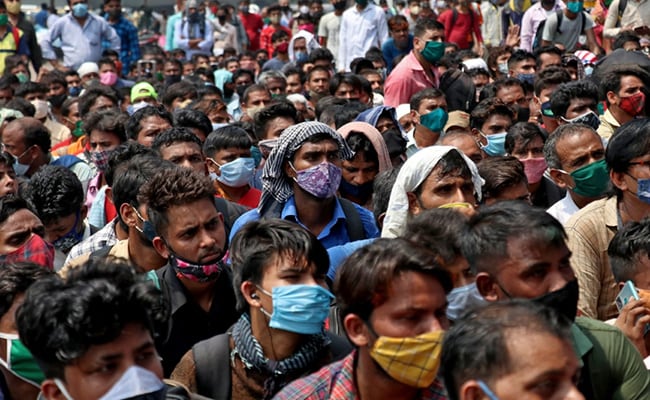Introduction:
The
COVID-19 pandemic has profoundly impacted every corner of the globe, and India,
with its vast population and diverse landscapes, has faced unique challenges in
confronting the virus. From overcrowded cities to remote rural areas, the
effects of the pandemic have reverberated across the nation, reshaping lives,
communities, and the economy. In this blog, we delve into the multifaceted
impact of COVID-19 on India, examining the challenges faced, the resilience
shown, and the hope for a brighter future.
Healthcare
System Strain:
India's
healthcare system faced unprecedented challenges as COVID-19 cases surged
across the country. Overwhelmed hospitals, shortage of medical supplies, and
strained healthcare workers underscored the urgent need for expanded capacity
and resources to manage the crisis effectively.
Economic
Disruption:
The
pandemic disrupted India's economy, leading to widespread job losses, business
closures, and financial instability. Vulnerable populations, including informal
workers and migrant laborers, were disproportionately affected, facing
hardships such as food insecurity and loss of livelihoods.
Public
Health Response:
India
implemented various public health measures to control the spread of COVID-19,
including nationwide lockdowns, testing and contact tracing efforts,
vaccination campaigns, and public awareness campaigns. These interventions
played a crucial role in containing the virus and mitigating its impact on
public health.
Societal
Impact:
The
pandemic exacerbated existing social inequalities and vulnerabilities in Indian
society, including disparities in access to healthcare, education, and
essential services. Marginalized communities, such as Dalits, tribal
populations, and women, faced heightened risks and challenges during the
pandemic.
Resilience
and Innovation:
Amidst
the challenges posed by COVID-19, India demonstrated remarkable resilience and
innovation in responding to the crisis. From grassroots initiatives to
technological solutions, communities and organizations rallied together to
provide support, resources, and assistance to those in need.
Vaccination
Efforts:
India
embarked on one of the world's largest COVID-19 vaccination campaigns, aiming
to inoculate its vast population against the virus. Despite initial challenges,
including vaccine supply shortages and logistical hurdles, the vaccination
drive gained momentum, offering hope for controlling the spread of COVID-19 and
achieving herd immunity.
Path
Forward:
As
India continues to grapple with the pandemic, there is cautious optimism for
the future. Strengthening healthcare infrastructure, bolstering social safety
nets, and fostering inclusive growth and development are critical priorities
for building resilience and ensuring a more equitable and sustainable recovery
from COVID-19.
Conclusion:
The
COVID-19 pandemic has tested India's resilience, solidarity, and resolve, yet
amidst the challenges, there is hope for a brighter tomorrow. By learning from
the lessons of the past, leveraging innovation and collaboration, and
prioritizing the well-being of all citizens, India can emerge from the pandemic
stronger and more resilient than ever before. Together, let us navigate the
path forward with compassion, determination, and hope for a better future for
all.


